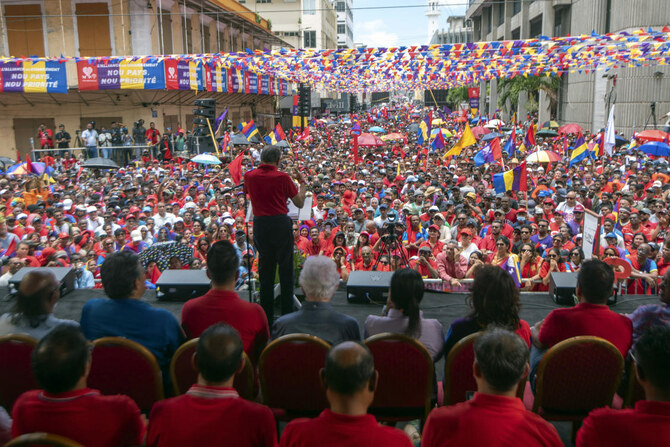
Mauritius went to the polls on Sunday, 10 November, for a high-stakes legislative election that will determine the future leadership of the Indian Ocean island nation, widely regarded as one of Africa’s most stable and prosperous democracies.
Your go-to source for in-depth coverage of political developments, economic trends, social affairs, and vibrant cultural stories from across the continent.

The vote comes at a critical juncture for the country, with Prime Minister Pravind Kumar Jugnauth, 62, hoping to secure a fresh five-year term in office.
Jugnauth’s political party, the Mouvement Socialiste Militant (MSM), leads one of two main alliances vying for control.
His challenger is Navin Ramgoolam, 77, head of the Labour Party and leader of the Alliance du Changement, who seeks to unseat Jugnauth after a lengthy tenure of political influence.
Polling stations opened at 7 a.m. local time (3 a.m. GMT) and closed at 6 p.m. (2 p.m. GMT), with results expected to be released by Monday.
Early reports from the Electoral Commission indicated a 40% voter turnout by noon, although no comparison was made to the 2019 elections.
The election is closely contested, with a total of 891 candidates standing for election.
Of these, 62 will be elected to serve as members of parliament, with an additional eight appointed by the president after the vote.
Approximately one million Mauritian citizens are registered to vote in what marks the 12th legislative election since the country gained independence in 1968.
Under the system, the leader of the alliance that secures a majority in the National Assembly will become the Prime Minister, who in turn will appoint the president.
With the stakes high and both alliances campaigning vigorously, the outcome of this election is expected to shape the direction of Mauritius for the next five years.
As the nation awaits the final results, political observers are keenly watching to see whether Jugnauth can extend his family’s long-standing political dominance or whether Ramgoolam will make a comeback to the country’s highest office.
I am an avid African news observer, and an active member of Daily Mail Africa.
I’m Passionate about staying informed on diverse topics across the continent,
I actively contribute to publishing on political, economic and cultural developments in Africa.